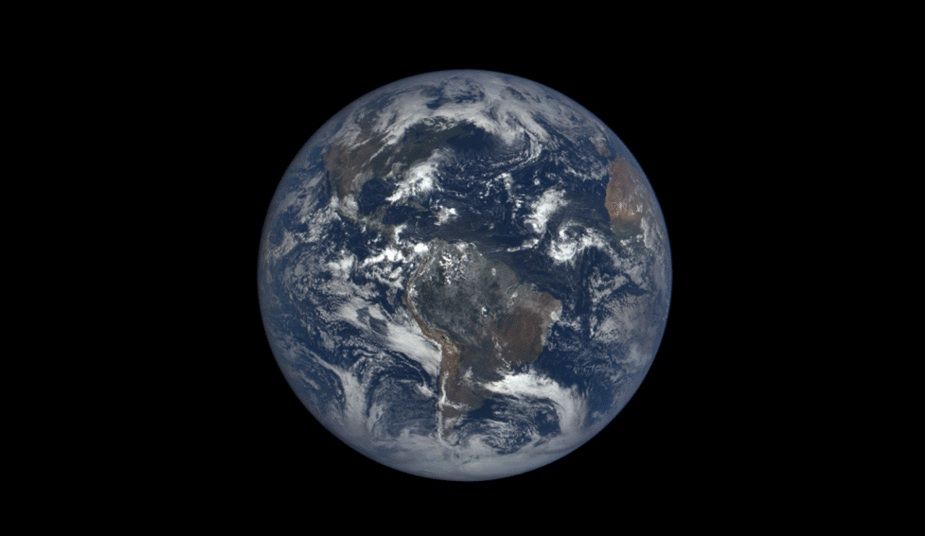Home / Environment / Earth Faces Unprecedented Heat Crisis as 2024 Shatters Temperature Records
Earth Faces Unprecedented Heat Crisis as 2024 Shatters Temperature Records
29 Oct
Summary
- 2024 likely Earth's hottest year in 125,000 years
- 22 of 34 health indicators reach record extremes
- Renewable energy scaling seen as most powerful solution

According to a report published on October 29, 2025, the year 2024 was likely Earth's hottest in at least 125,000 years, surpassing even the peak of the last interglacial period. This comes after 2023 was previously considered the warmest year in human history, and 2024 capped a decade of record-breaking heat fueled by human-caused climate change.
The study, led by researchers at Oregon State University, found that 22 of 34 measurable indicators of Earth's health, including greenhouse gas levels, ocean heat, sea ice, and deforestation, have reached record extremes. The authors warn that these trends suggest humanity is in a "state of ecological overshoot," consuming the planet's resources faster than they can be replenished.
Despite the grim outlook, the report stresses that solutions exist, and there is still time to act. Rapidly scaling renewable energy, especially solar and wind, is seen as "the single most powerful lever" to curb the crisis. The researchers express hope in nature's resilience and human ingenuity, stating that "Earth systems can recover if given the chance."




